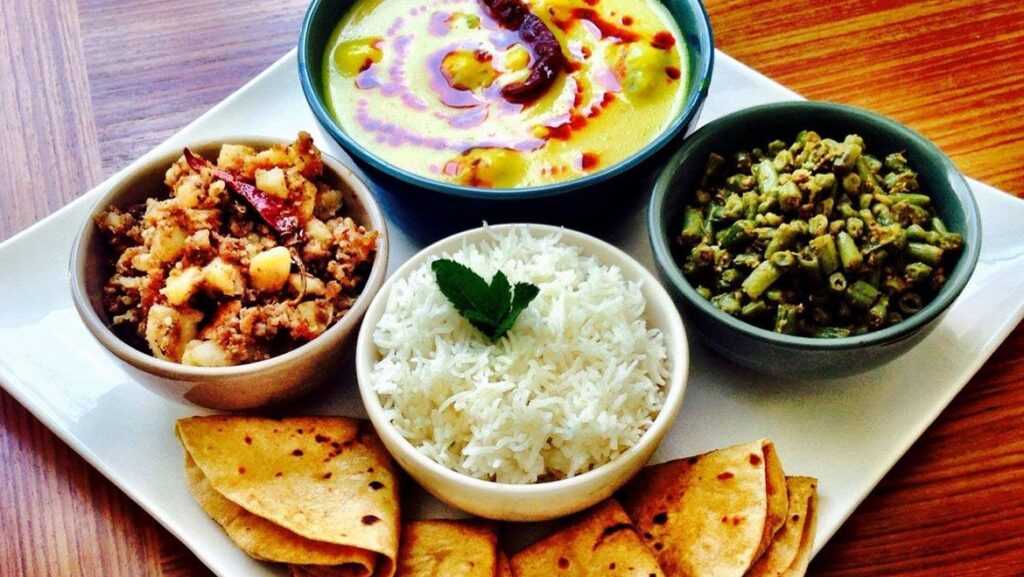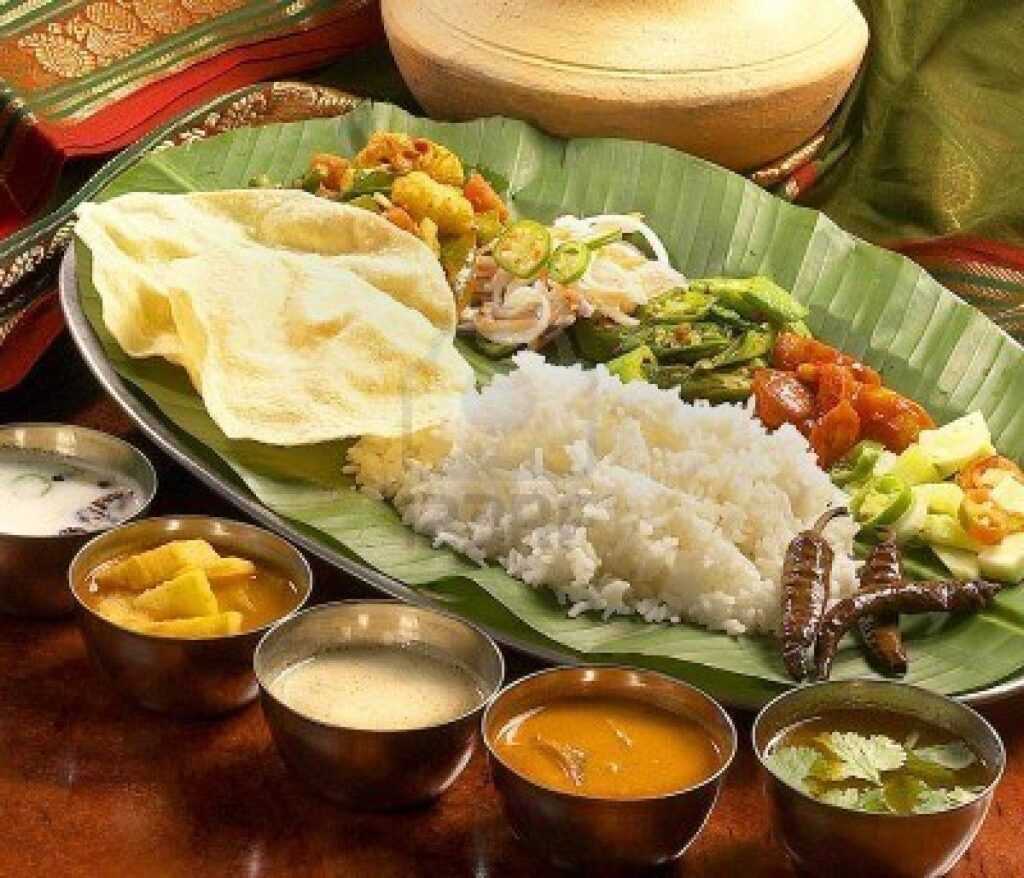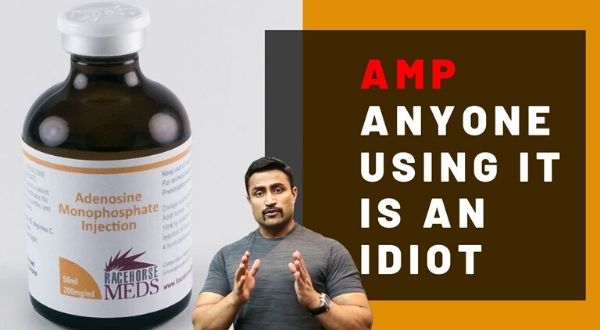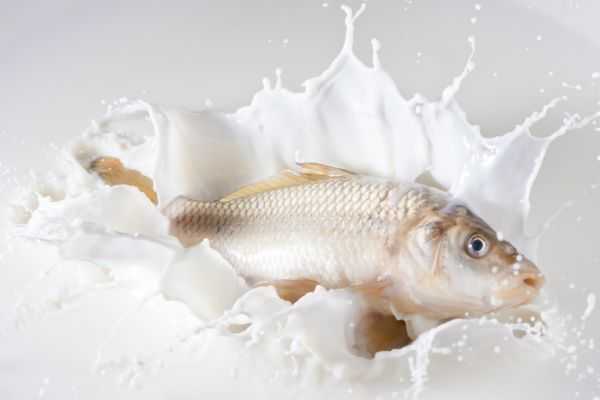A vegetarian is someone who doesn’t consume meat, and this includes all meat products including poultry.
Then you must have heard of people who may or may not choose to eat other animal products such as eggs, dairy, or honey, and this is where the entire confusion sets in.

However, once you are clear with the terminologies, you will be able to understand better, and help others also get the clarity on this subject.
- Omnivores – an omnivore is a person who eats all types of food. The word omnivore literally translates to “all devour.” They do not discriminate between any individual food group and will eat pretty much anything that is served to them. Most people consider themselves to be omnivores and they are happy to eat what they get.
- Carnivores – a carnivore or meat-eater, is a person who predominantly eats red meat, which includes: pork, beef, and lamb. The word carnivore literally translates to “meat devourer.” If you see someone always eating different forms of red meats, it may be more accurate to call them a carnivore than an omnivore.
- Pollotarian: is a “semi-vegetarian”, who restricts meat consumption to poultry only, and is not officially considered a vegetarian. Pollotarians do not consume red meat or fish and seafood. The prefix “pollo” is the Spanish word for “chicken.” However, pollotarians eat any type of bird including: chicken, turkey, duck, quail or hen.
There is also a sub-type called ‘Pesce-Pollotarian’. A pesce-pollotarian is a type of pollotarian who occasionally eats fish and seafood.

Then there are different types of vegetarians:
- Flexitarians: also known as semi–vegetarians. They occasionally eat animal products and are often eating this way to reduce their meat intake but still nurture their love for the taste of meat. If you’re thinking about wanting to eat less meat this is a great place to start rather than going full vegetarian straight out.
- Pesci–vegetarian: or “pescatarians” eat fish, dairy, and eggs but don’t eat poultry or any other meats.
- Lacto–ovo vegetarian: don’t eat meat, fish or poultry, but do eat eggs and dairy products (ovo means eggs and lacto means dairy).
- Lacto–vegetarian: don’t eat meat, fish, poultry or eggs, but do eat dairy products.
- Ovo–vegetarian: Ovo–vegetarians don’t eat meat of any form or dairy, but do eat eggs.
- Plant Based: avoid eating any animal products or animal-derived ingredients. They don’t eat meat of any kind, dairy, eggs, honey etc.
- Vegan: these are those who don’t just eat at a plant based diet but also choose not to wear clothes containing animal products, such as leather, or wool, or use beauty products that have been tested on animals or contain animal based products, such as beeswax. Veganism is a philosophy based on the animal rights protection.
When it comes to Vegans, there are further subtypes:
- Ethical Vegans – are strongly against any form of animal cruelty. They aren’t just against eating meat, but also raise voice or fight against animal cruelty and torture. Like someone hitting a dog, or discouraging animal farming for meat.
2. Environmental Vegans – are the ones who go vegan as a way of living a greener lifestyle and to protect the environment. Environmental vegans believe that by adopting a vegan diet they are helping to reduce greenhouse gas emissions, minimise their contribution to deforestation and reduce pollution by not supporting animal agriculture.
3. Health Vegans – turn vegans because they believe that vegan diet is the healthiest diet when it comes to flighting lifestyle diseases like diabetes, cardiovascular diseases, high cholesterol and even cancers.
4. Religious Vegans – are the ones who choose the vegan way of eating, due to their religious & spiritual beliefs. Such individuals are found in virtually every religion. But in certain religions like Hinduism, a larger chunk of population is vegetarian (they do consume dairy products though).

Just like the type of vegetarians, there are also type of Vegan diets. A vegan diet uses form of animal products. They abstain from eating animals or anything an animal has created, which includes dairy and even honey. Animal based supplement like whey, casein, gelatin or collagen are also totally prohibited.
They generally consume lots of plant based foods such as nuts, pulses, legumes, beans, soy products, vegetables, fruits, grains etc. But despite of this, there are a lot of variations in terms of type of Vegan diet a person consumes, just like there are different vegetarians:
- Raw Vegan Diet – is where individuals will only consumes uncooked vegan food. As the name suggests, they eat their vegan food raw. This stems from the belief that by cooking food at high temperatures you lose many of the nutrients.
However, acc. to the popular belief, not all raw vegan food is cold. Raw Vegans can heat their food by heating it up to 104 Fahrenheit (40 Celsius).
There is another type of Raw Vegan, called as Raw till 4 Vegan diet, or we can call them as Partial-Raw Vegans. As the name suggests, these type of vegans eat a raw vegan diet until 4pm. Yet, as not everybody wants to follow a completely raw vegan diet this diet enables vegans to enjoy a hot vegan meals in the evenings.
- Gluten-Free Vegan Diet – is a diet where no animal products or gluten-containing ingredients are consumed. Gluten is a protein found in some grains like wheat, rye and barley. Gluten helps foods maintain their shape and acts as a glue that holds food together. People suffering from an autoimmune disease called “celiac disease”, cannot eat gluten.
- Frutarian Vegan Diet – a frutarian diet is a type of vegan diet where individuals only eat fruits, nuts and seeds. There are some frutarians who will only eat what has fallen naturally from a plant. Some of them don’t even eat seeds, as acc. to them, it contains future plants. Yet some vegans who follow a frutarian diet also include pulses such as beans, lentils and peas in their meals.
- Whole-food Vegan Diet – these individuals prefer a diet rich in whole foods. These whole foods include fruits, vegetables, legumes, whole grains, nuts and seeds. Whole-food vegans try to avoid processed vegan food.
- Paleo Vegan Diet (Pegan) – it is a variation in the conventional paleo diet, also known as the caveman diet. Individuals who follow this eat like humans from the Palaeolithic era. The Palaeolithic era was the early stone age, where humans were believed to eat pure and unprocessed foods. Paleo vegans eat plenty of fresh vegetables, fresh fruit, nuts and seeds. Strict paleo vegans or pegans do not eat legumes or grains as these were not eaten in the early stone age.
- Beegans – are vegans who eat honey.
- Freegan Diet – freegans are individuals who react against waste in capitalist society. They do not buy food but live off what is left and thrown away by supermarkets and individuals. Essentially a freegan diet is where you consume vegan products you have found rather than bought.



